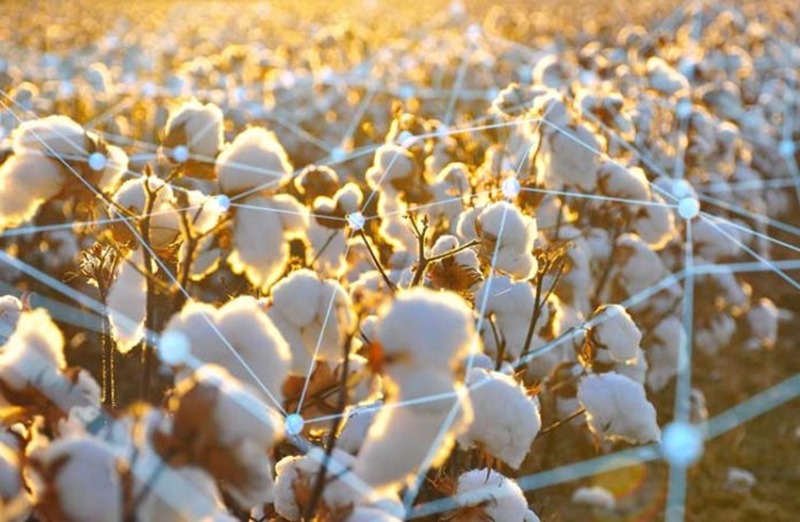Cotton is most widely used as a raw material in the world for manufacturing apparels, denims, textiles, lingerie and even food and medical products.With an increase in the organic cotton demand in the fashion world, it is a known fact that growing cotton has many challenges. This renewable and biodegradable resource has became an essential part of textile industry. The increase in interest in organic materials in fashion is growing, and the global market for just organic cotton alone has risen to $15 billion according to the recent article in Forbes.
What is Organic Cotton ?
The organic cotton eliminates the use of harmful pesticides, fertilizers and chemicals. The techniques used does not harm soil fertilization , prevents polluton of water etc.Farmers who have shifted to organic cotton farming, not only made their lives healthy but also benefitted the ecosystem. Not only this, organic ways improves the working and provides a healthy environment for farmers and wrokers.
Bext360 – The Initiative
The Blockchain startup Bext360 has decided to partner with multiple tech companies for testing if the blockchain can be used for using the organic cotton supply chian.
“We’ve developed systems at the farm level,” said Dan Jones, founder and CEO of Bext360. “We can mark those bags so that we’re sure about the location where we’ve harvested the cotton.”
“By integrating these marker partners into this, we’re able to decrease the cost of people to manage their supply chain and increase their ability to prove authenticity, sustainability and origin,” added Jones
Bext360 provides comprehensive and measurable accountability for critical supply chains. The SaaS platform provides unsurpassed blockchain traceability and quantifiable measurements for sustainability.Bext360 focuses on supply chains such as coffee, seafood, timber, minerals, cotton and palm oil to provide a traceable fingerprint from producer to consumer.
The pilot test is called as Organic Cotton Traceability Pilot. It is a partnership between the C&A Foundation, the Organic Cotton Accelerator and Fashion for Good supported by C&A, Zalando, PVH Corp and the Kering Group. In the current phase, organic cotton is traced from farms to the gin for processing. The second and third phase will ensure the tracing of cotton from gin to consumer and then scaling it for fashion industries respectively.Organic cotton only accounts for under 1% of the total global production of cotton, according to the statistics from Textile Exchange. Still as it costs too much to produce, that percentage still accounts for nearly $15 billion market.
Several companies are working with technical pilot Bext360 for this initiative.To ensure the authenticity of the cotton , these companies “tag” the cotton which is further being “fingerprinted” in the supply chain by Bext360 to ensure the veritable nature of the cotton.The blockchain software then creates a “token” through which the consumer can trace every path of cotton. These individual electronic tokens can be used to track the process of harvesting, processing, manufacturing uptill the final product.
The blockchain software attached with every individual cotton source provides a digitized way to manage the payment of the stakeholders at every level.This way genuine farmers and cotton producers can be tracked and given their fair share of hardwork. It does not end here, the quality delivered to the customer can be fairly managed and maintained via this technology as it tracks those producers and fashion companies who are not producing the quality cotton that they claim.
The pilot Bext360 Agricultural project can be a great contributor in the sustainability efforts of the brands and the supply chain. With cotton becoming more verifiable, there will be added incentive for all in the chain to use the sustainable cotton and the brands will be happy to give verifiable tags to their consumers. In all , it can be a game change for DENIM and other cotton specific industries.





